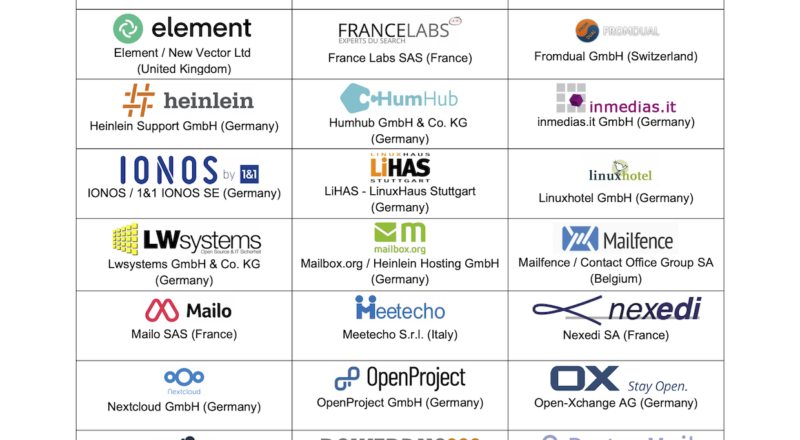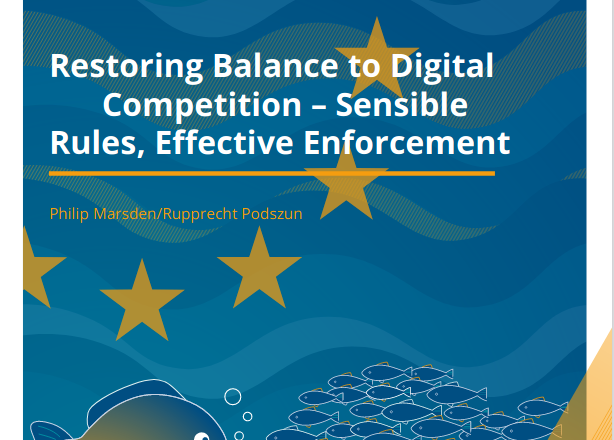A group of 40 European tech companies has written a letter to Members of the European Parliament asking for meaningful interoperability obligations with consumers in mind – not just business users -, and covering all core platform services of gatekeepers.
“For SMEs in the European Internet industry, interoperability can reduce the anti-competitive barriers created by the lock-in of established user bases into specific service providers, due to network effects or closed proprietary solutions”, argues the letter. “New, innovative solutions can be brought to the market, creating jobs and wealth in Europe. Interoperability is key to Europe’s competitiveness in digital transformation.”
The letter has been signed by SMEs and larger companies from ten different European countries. Signatories include:
- Independent and privacy-friendly email providers like Mailfence, Protonmail, Mailbox.org, Tutanota, Alinto, Cleanmail, Serenamail and Mailo;
- Element, the company behind the open instant messaging ecosystem Matrix;
- The IETF’s videoconferencing provider Meetecho;
- Other messaging companies like Agnitas and Catapush;
- The maker of the /e/ open mobile OS, eCorp;
- Large EU cloud companies like 1&1 IONOS, DHH and Seeweb;
- Open source vendors like Univention, Open-Xchange, and Nexedi;
- Open collaboration tool makers Nextcloud, Owncloud, Collabora Productivity, Abilian, EGroupware, OpenProject, and HumHub; and
- Open security companies like ecsec and Lwsystems.
The signatories also include Allotropia Software, c.a.p.e. IT, France Labs, Fromdual, Heinlein Support, inmedias.it, LinuxHaus Stuttgart, Linuxhotel, PowerDNS, Rapid.Space, .riess applications and X-net Services.
“Interoperability can reduce the anti-competitive barriers created by the lock-in of established user bases into specific service providers, due to network effects or closed proprietary solutions.”
SME letter to Members of the European Parliament
The letter highlights the widespread support in the European tech industry for a more ambitious Digital Markets Act, where strong interoperability obligations for gatekeepers are often considered a pre-requisite to restore competition in core consumer services such as social media, instant messaging, search and cloud-based service offerings.
European tech companies argue that if the EU wants to achieve more digital autonomy and independence from foreign vendors, mandatory interoperability for gatekeepers through open standards is the way to go.
Vittorio Bertola is Head of Policy & Innovation at Open-Xchange AG.



